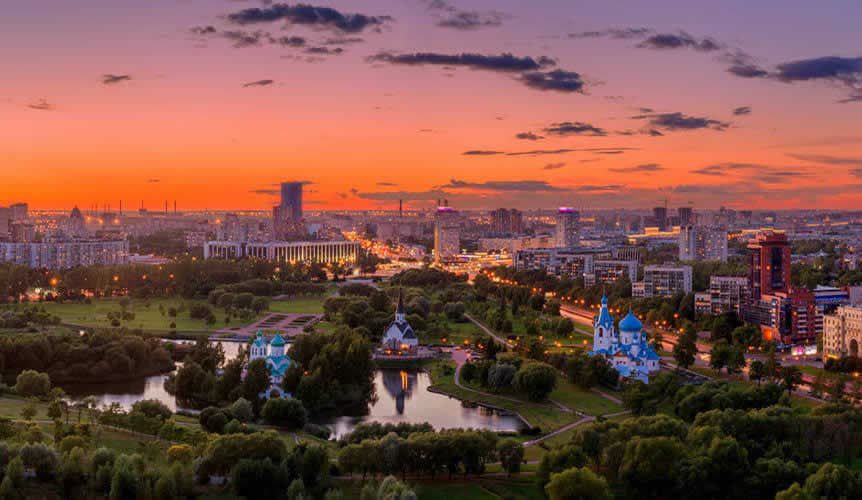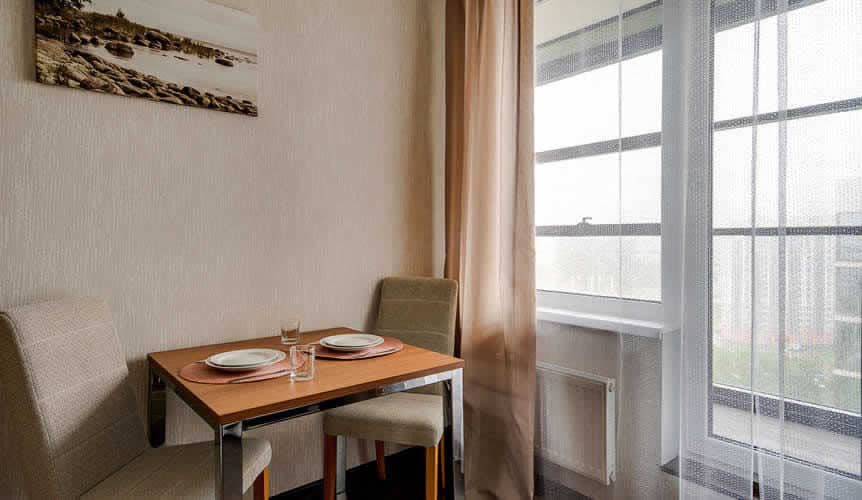From time to time, we all face a situation when we have to address a stranger. You may need some help on the street, in a shop, in a museum. However, if you are learning Russian, you probably already know that it’s not such an easy task, as there seem to be no suitable honorifics. So let’s find out which options do we have.
Struggle of addressing strangers
It is unfortunate for both Russians and foreigners who study Russian that there is no easy way to address a stranger. While other European languages offer several options, Russian offers… nothing. So even for native speakers, it is a challenge to find an appropriate form of addressing someone they don’t know. Why is it so? In Tsars Russia, there were forms господин/госпожа (gospodin/gospozha) similar to English Mister/Missis, in Soviet Russia, there was a form товарищ (tovarisch) that probably doesn’t require a translation. However, in modern Russia, the society still hasn’t chosen or created an adequate honorific. But of course, the modern language offers some options.
Impersonal form of addressing people
The most common way to address strangers is just to say Извините! (Izvinite), that literally says Excuse me/ Sorry. This form is the most wide spread and is considered to be the most neutral. It allows not to use any honorific at all, so this is a safe option that is always appropriate. For example, if you would like to ask a stranger how to get somewhere or what time it is, feel free just to say извините.
Young man and young lady

However, these forms are not that safe when you have to address an older generation. On the one hand, that may be considered as over-politeness, but some people may take it as a bad joke. For older people the forms мужчина (muzhchina) – man and женщина (zhenschina) – woman, are used sometimes. But these forms are not considered to be very polite, so it’s better to avoid them when possible.
Check our Instagram to see more of Russia, Facebook to find out more about culture and language, and Twitter not to miss the news!



















